The Unseen Architects: Romania's Diplomatic Brain Drain and the Path Forward
Romania's foreign service faces a crisis. Unpack the causes, from brain drain to controversial secondments, and learn how new competitions aim to rebuild a merit-based diplomatic corps.
The Silent Exodus: Why Romania's Diplomatic Corps is Shrinking
Romania's , the very institution tasked with projecting the nation's voice on the global stage, finds itself grappling with a profound personnel crisis. It's a silent exodus, steadily eroding the core of its diplomatic and consular service, both at home and abroad. This isn't a sudden phenomenon but a deepening deficit, exacerbated year after year. Several critical factors contribute to this troubling trend. On one hand, the natural cycle of retirements sees experienced diplomats leaving the system. On the other, a more concerning issue is the wave of resignations, often driven by uncompetitive salaries that fail to match the demanding nature and specialized skills required for diplomatic work. Compounding these challenges, the MAE has faced years of hiring freezes, preventing it from replenishing its ranks with fresh talent. Paradoxically, this shrinkage occurs even as the demand on the consular network expands significantly, striving to meet the growing needs of Romania's vast diaspora scattered across the globe. This creates an unsustainable imbalance, leaving the diplomatic service stretched thin and vulnerable.
A Curious Cadre: The Rise of Seconded Personnel in Foreign Missions
Faced with an escalating personnel shortage, the has resorted to an unconventional, and at times controversial, solution: seconding staff from various other public institutions. This practice allows individuals from outside the traditional diplomatic corps to fill crucial roles in embassies and consulates, often without undergoing the rigorous entrance exams typically required for career diplomats. The list of seconded personnel reveals a curious mix of backgrounds. We find staff from security services like , administrative bodies like , and even individuals from public education, cultural institutions, and seemingly unrelated entities such as a technological high school or even a hospital. Imagine a chief administrative officer from a Romanian hospital serving at an embassy abroad. While these secondments might offer a temporary fix for staffing gaps, they raise legitimate questions about the specialized skills, diplomatic training, and institutional knowledge necessary for effective foreign representation. The sheer diversity of their original postings underscores a pragmatic, albeit potentially compromised, approach to managing a critical shortage.
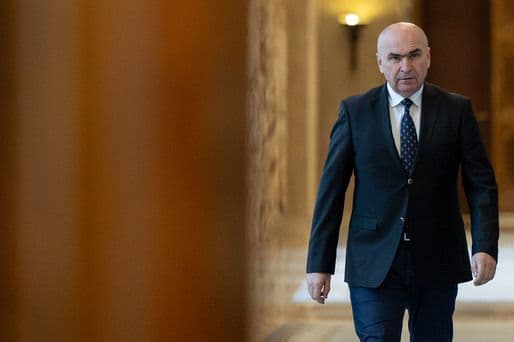
The Path to Professionalism: MAE's New Recruitment Drive
In a direct acknowledgment of its staffing woes and the increasing reliance on seconded personnel, the has announced a significant step towards re-professionalization. The MAE plans to open internal competitions for vacant and soon-to-be-vacant diplomatic and consular positions in September. This move signals a commitment to reinforcing the official diplomatic corps, prioritizing career diplomats and those already within the MAE system, or closely affiliated, for advancement. It's a crucial departure from merely patching up holes with external secondments, aiming instead to cultivate expertise from within its existing structure. While an 'internal' competition might not immediately address the broader need for an influx of new, external talent, it represents a vital effort to strengthen the core of the service, rewarding dedicated staff and establishing a clearer pathway for professional growth. This initiative is a necessary first step on a longer journey to rebuild a robust, merit-based diplomatic force capable of serving interests effectively.
Beyond the Diplomatic Pouch: What's at Stake for Romania's Global Voice
The implications of a depleted and potentially under-qualified diplomatic corps extend far beyond mere administrative inconvenience; they strike at the very heart of global standing and influence. A strong, professional diplomatic service is the bedrock of a nation's foreign policy, responsible for advocating its interests, protecting its citizens abroad, fostering international partnerships, and shaping its image on the world stage. When this critical machinery is weakened by a brain drain or an over-reliance on personnel lacking specialized diplomatic training, global voice inevitably suffers. Its ability to negotiate complex international agreements, respond effectively to crises affecting its diaspora, or contribute meaningfully to multilateral discussions within bodies like the or becomes compromised. The reliance on seconded staff, while addressing immediate numerical deficits, risks diluting the expertise and coherence of diplomatic efforts, potentially leading to missed opportunities or less impactful representation. Ultimately, the nation's capacity to navigate an increasingly complex international landscape hinges on the strength and professionalism of its diplomatic architects.
Forging the Future: A Blueprint for a Robust Diplomatic Service
Rebuilding diplomatic service into a truly robust and representative institution demands more than just internal competitions; it requires a comprehensive, long-term blueprint for sustained growth and excellence. First and foremost, the must commit to regular, transparent, and external merit-based recruitment drives, attracting the brightest minds from across the country. This means making a career in diplomacy genuinely competitive, addressing the issue of uncompetitive salaries that currently drive talented individuals away. Beyond recruitment, continuous professional development and specialized training are paramount, ensuring diplomats are equipped with the latest skills in international relations, economics, law, and cultural diplomacy. Furthermore, while secondments might occasionally serve a niche purpose, a clear, restrictive policy is needed to ensure they supplement, rather than supplant, the core diplomatic corps. A truly effective diplomatic service is an investment in national security and prosperity, demanding consistent political will and adequate resources to ensure voice resonates with clarity and authority on the world stage.
Related Articles
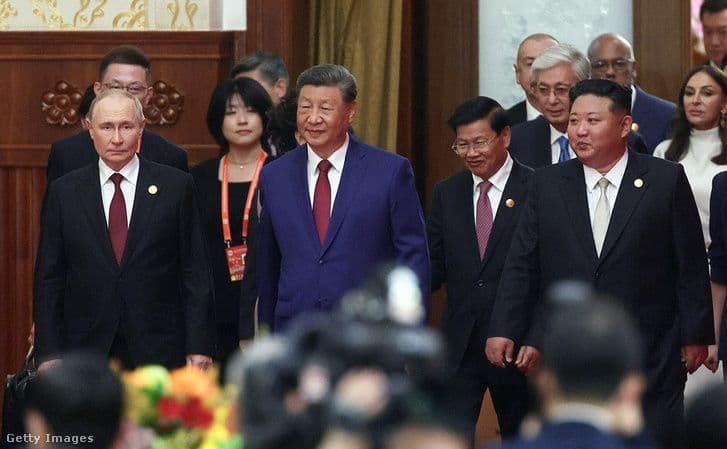
Hungary's Eastern Embrace: Unpacking the Strategic Role of Parliamentary Diplomacy Through Selmeczi Gabriella's Lens

Hungary's Eastern Embrace: Unpacking the Strategic Role of Parliamentary Diplomacy Through Selmeczi Gabriella's Lens
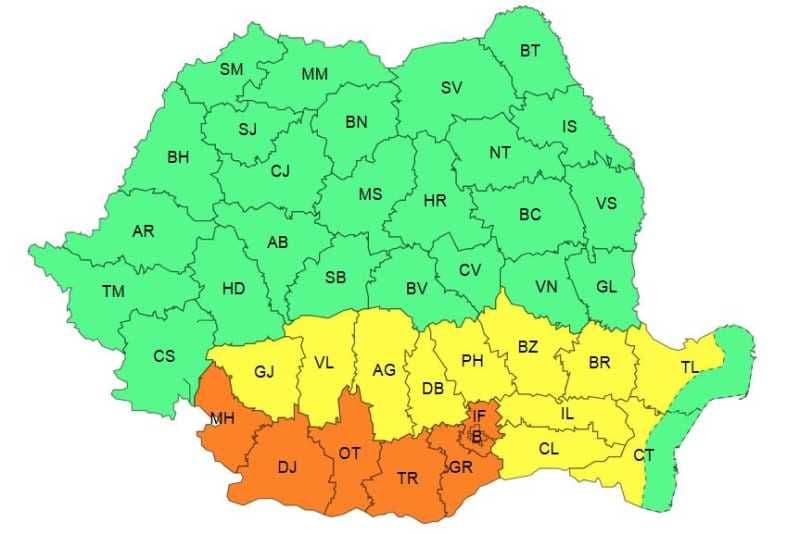
Beyond Asphalt and Pipes: Anghel Saligny, The Unseen Architect of Rural Romanian Revival

Beyond Asphalt and Pipes: Anghel Saligny, The Unseen Architect of Rural Romanian Revival
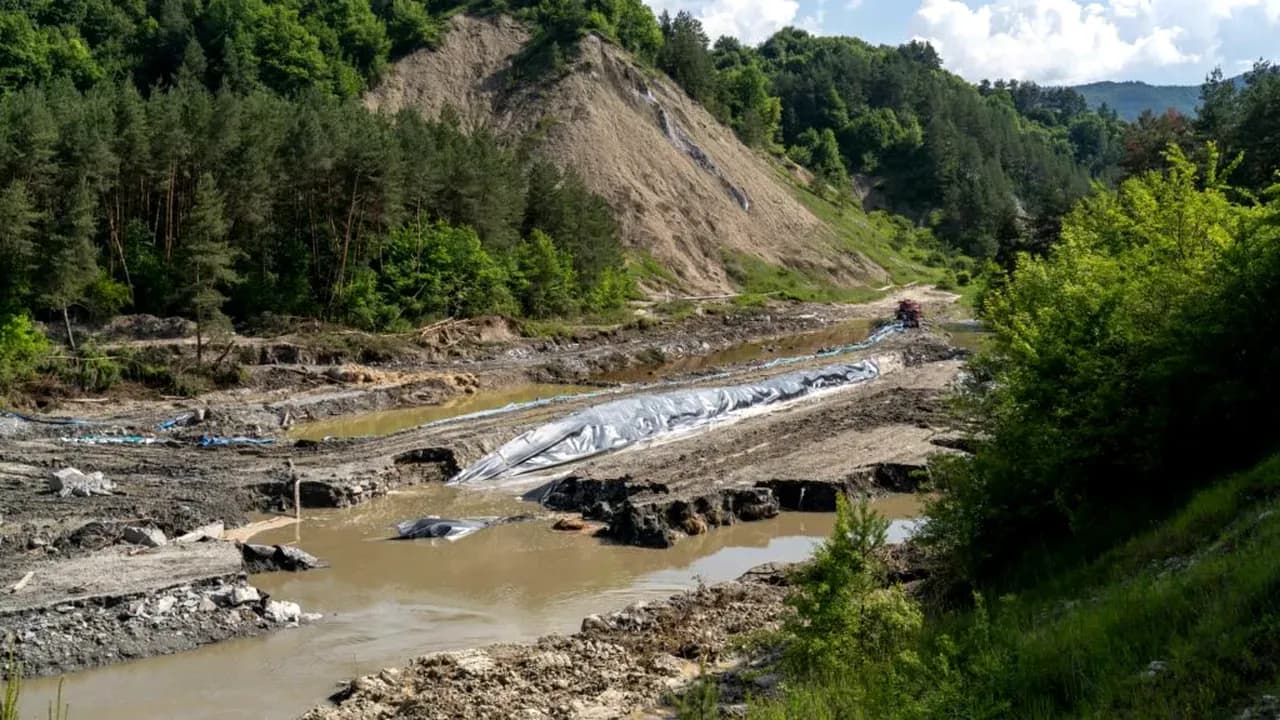
Praid's Fading Light: Unearthing the Crisis at Romania's Beloved Salt Mine

Praid's Fading Light: Unearthing the Crisis at Romania's Beloved Salt Mine
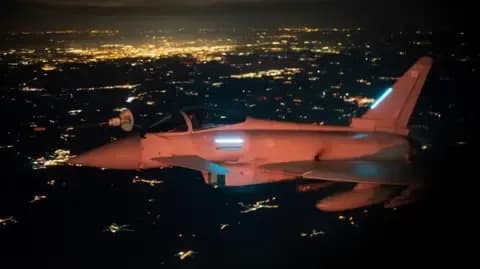
Guardians of the Horizon: Inside the RAF's Evolving Mission of Deterrence
